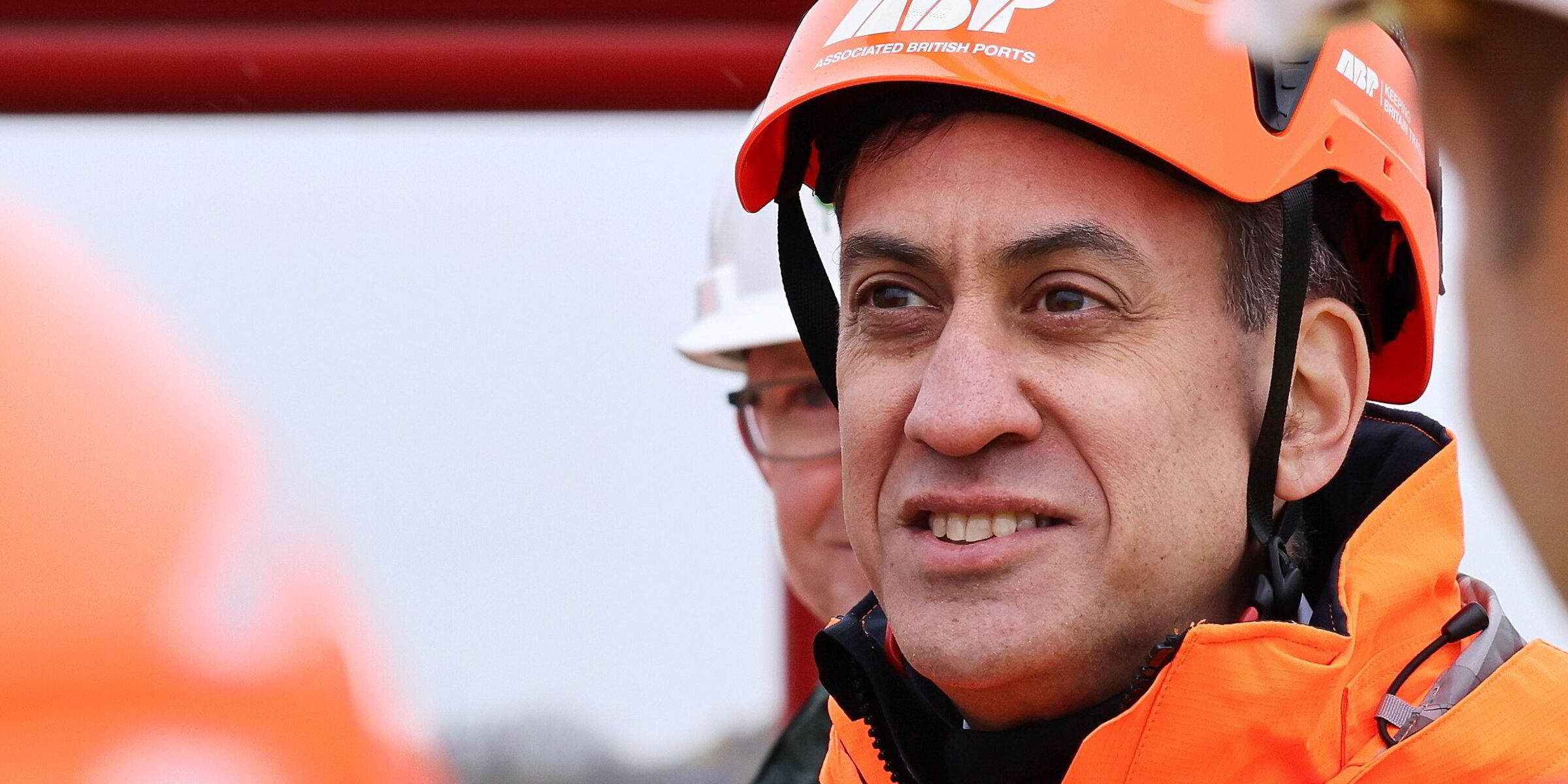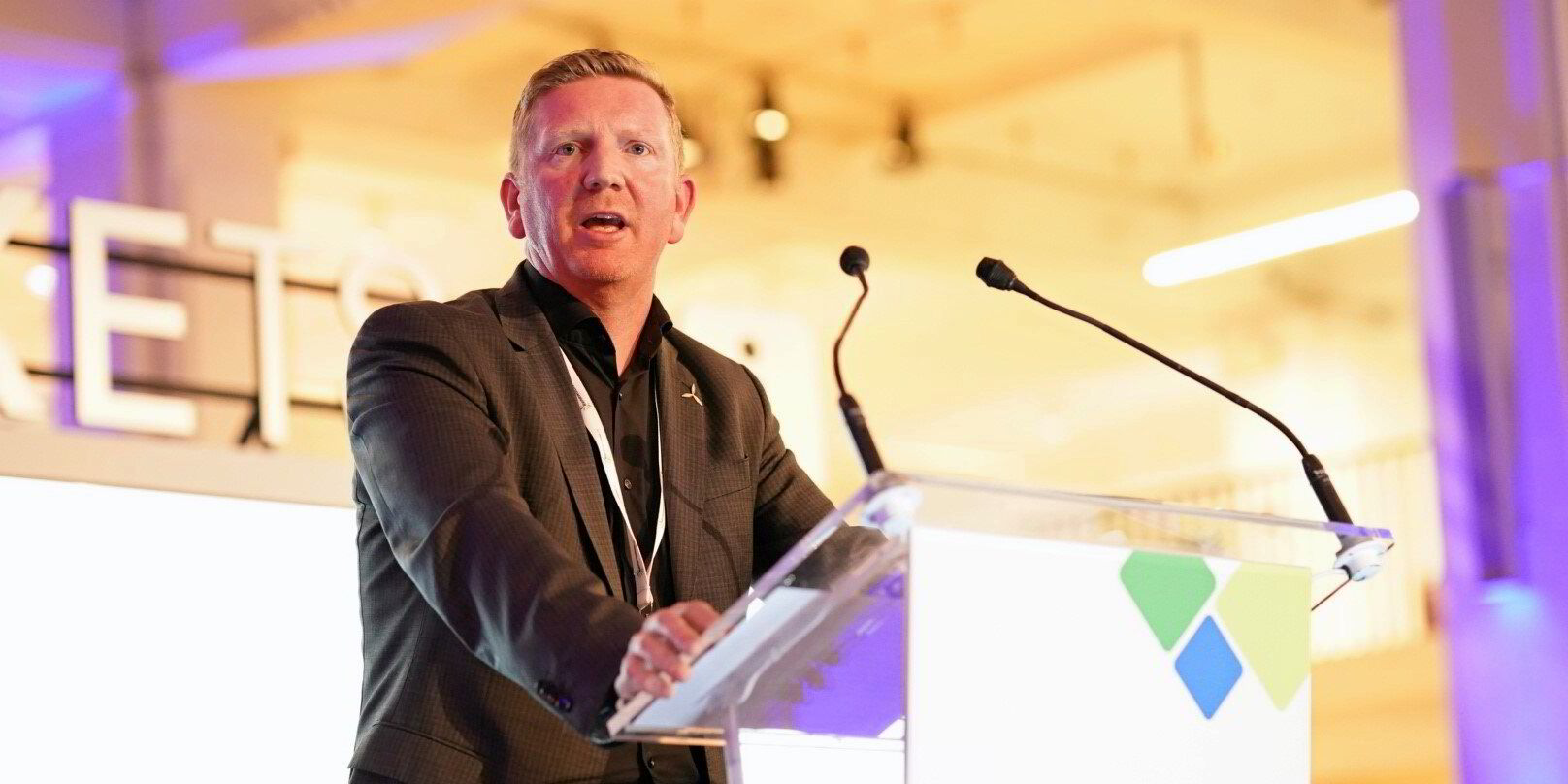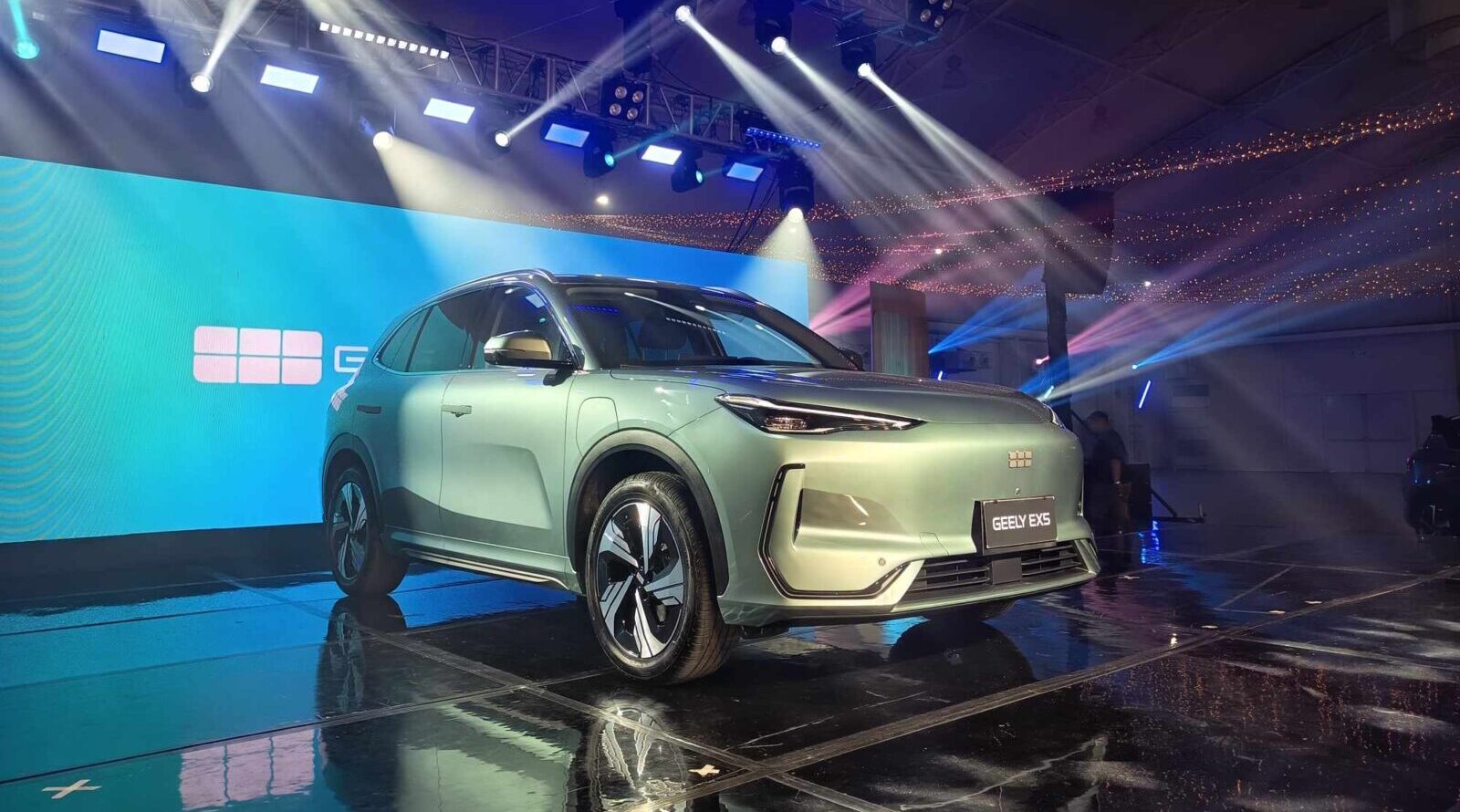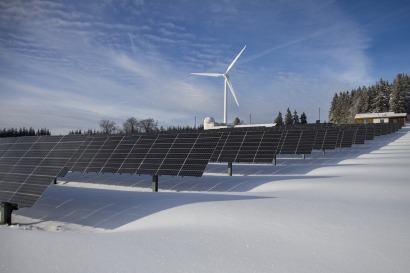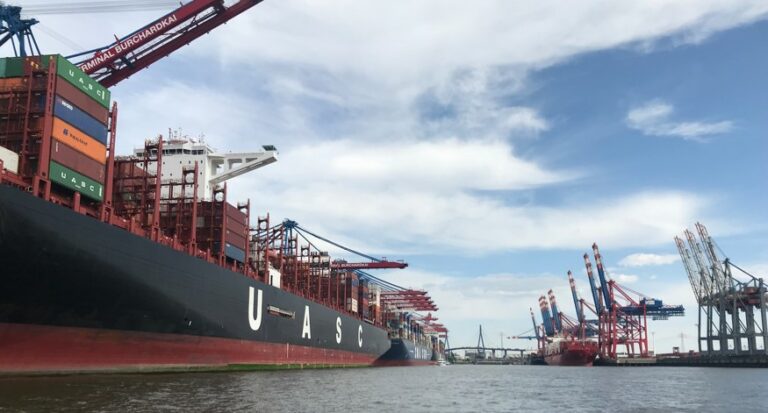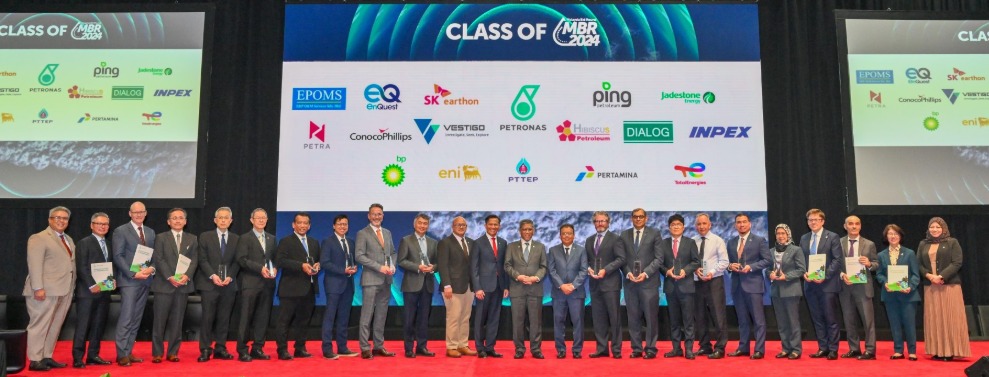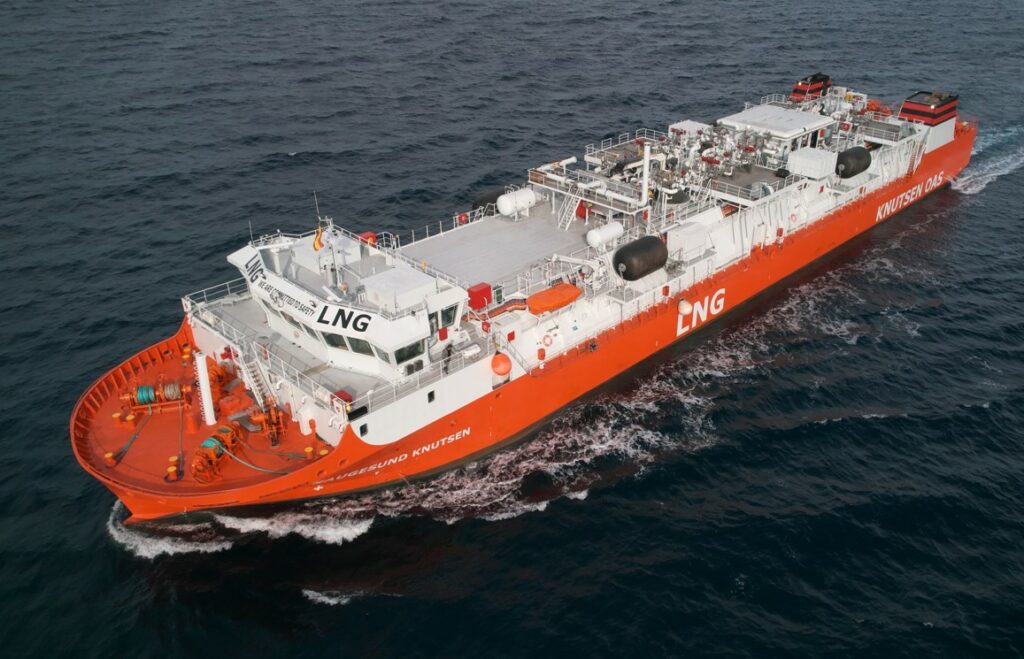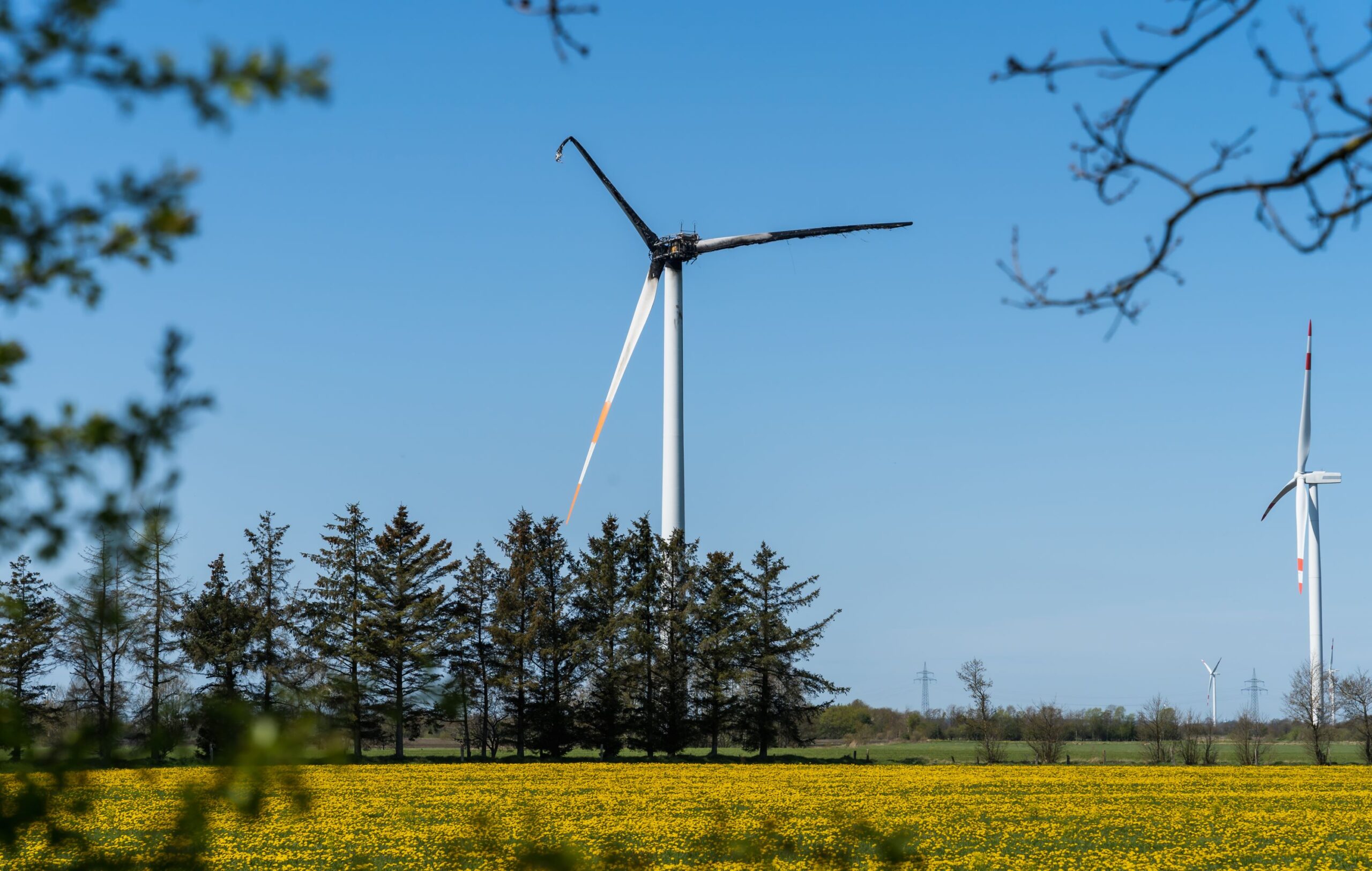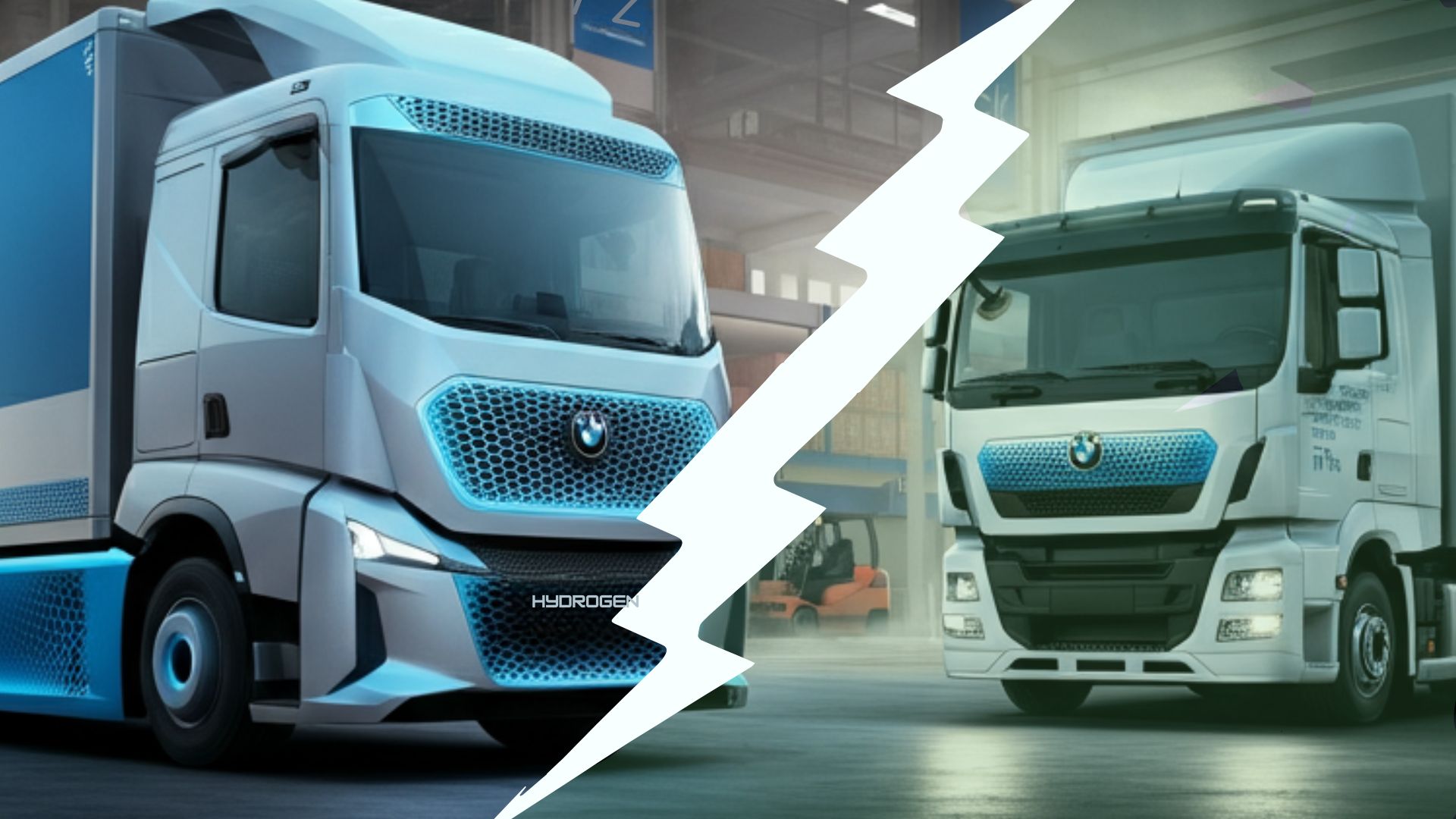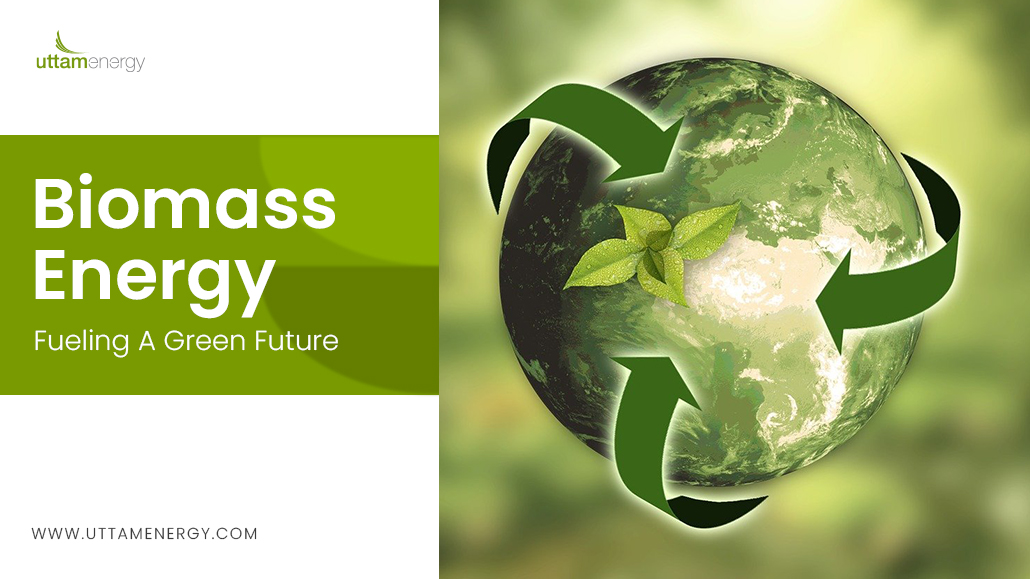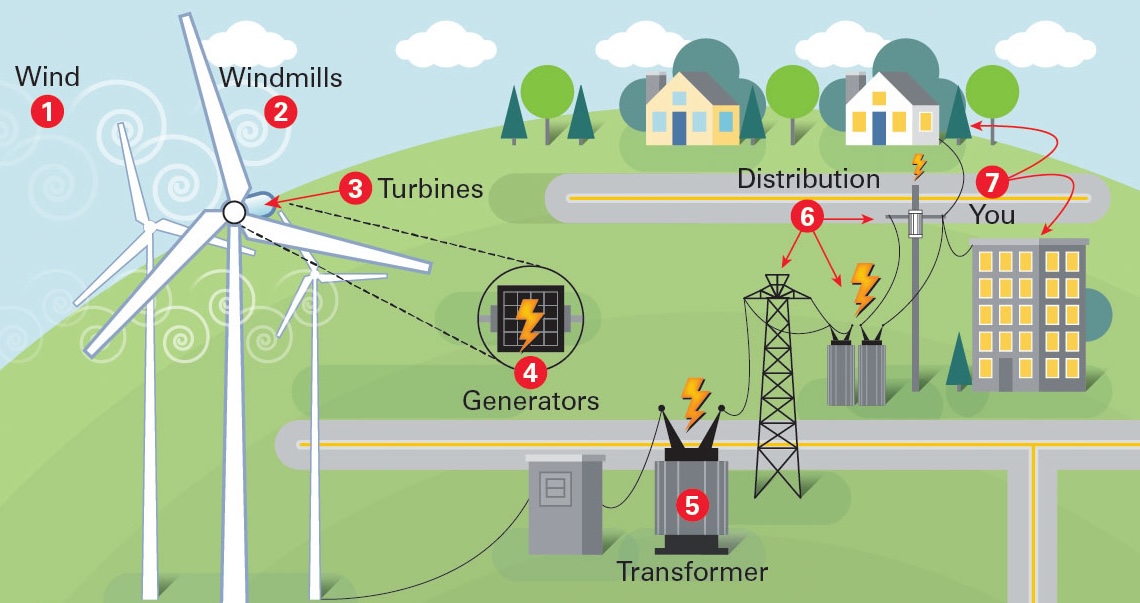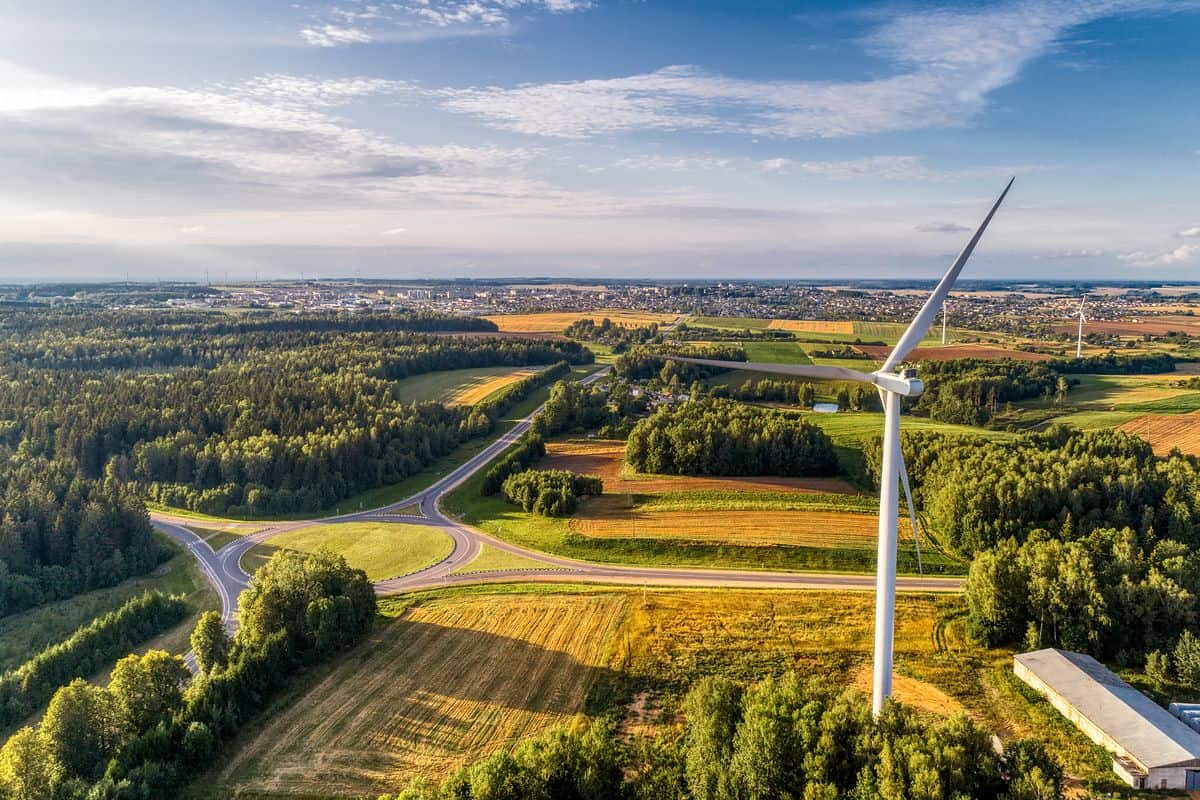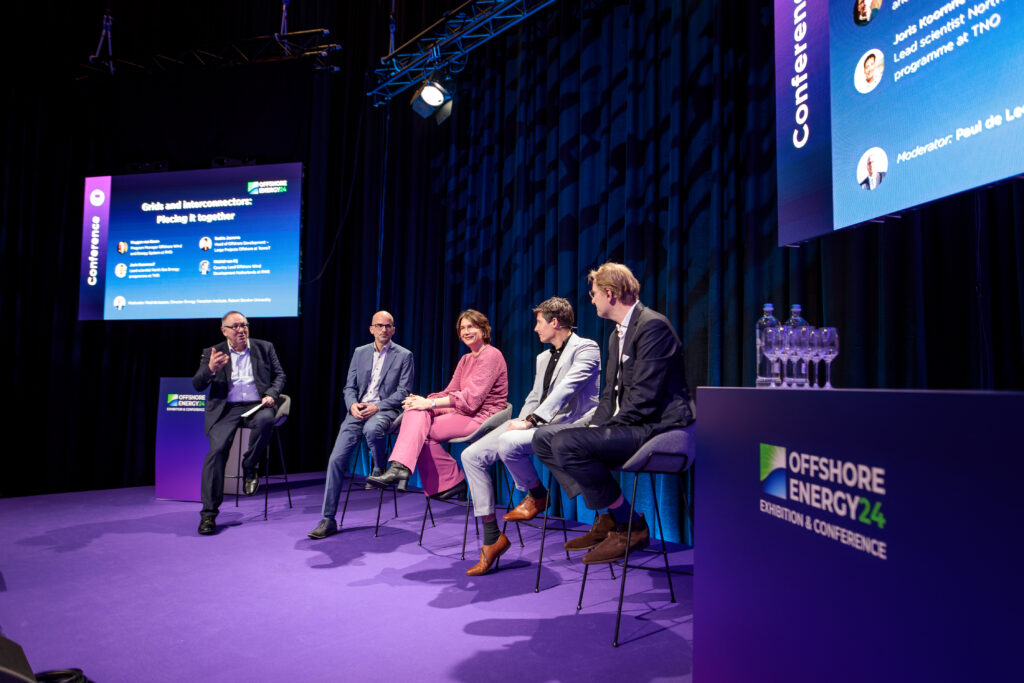Europe Just Said Yes to JCB’s Hydrogen Combustion Engine. Here’s Why That Matters
JCB Secures Certification for World’s First Hydrogen Combustion Engine JCB, a global leader in construction equipment manufacturing, has reached a…
JCB Secures Certification for World’s First Hydrogen Combustion Engine
JCB, a global leader in construction equipment manufacturing, has reached a critical milestone in its pioneering efforts to develop sustainable technology. The company has secured certification from various European licensing authorities for its hydrogen combustion engine, making it the first construction equipment manufacturer to achieve this breakthrough.
The Netherlands’ Vehicle Authority RDW was the initial body to grant certification, paving the way for commercial sales in The Netherlands. Other countries, including Great Britain, Germany, and France, have followed suit, with more certifications expected by 2025. This marks a significant stride toward adopting hydrogen as a clean energy alternative for industries traditionally dependent on diesel engines.
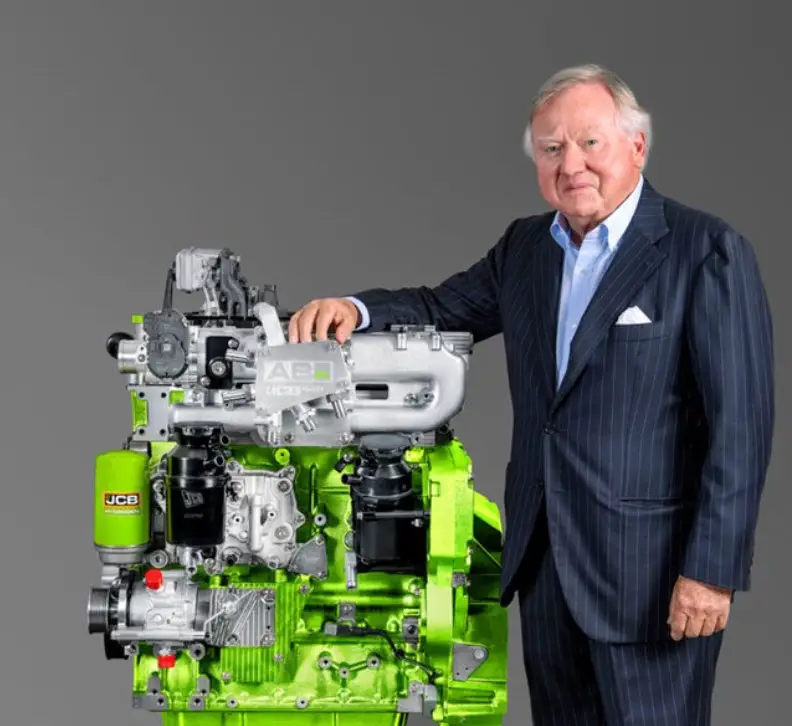
Image Credit: JCB
Advancements in Internal Combustion Hydrogen Engine Technology
JCB has invested £100 million into the development of its hydrogen combustion engine over three years, involving 150 engineers in this ambitious project. The engine is designed specifically to provide zero-emission solutions for demanding applications in the construction and agricultural sectors. Key advancements include:
- Hydrogen Fuel Integration: Incorporates high-pressure hydrogen storage systems, enabling engines to operate with minimal carbon output.
- Retrofitting Potential: Designed to fit seamlessly into existing internal combustion engine formats, reducing the need for equipment overhauls.
- Efficiency Enhancements: Improved combustion processes ensure high energy output and improved machine performance.
- Cold Weather Performance: Optimized for operation in extreme environments, ensuring reliable performance regardless of climate.
- Sustainability: A completely zero-carbon emissions system while utilizing existing fueling infrastructure in new ways.
These innovative features not only enhance machine compatibility but also address industry challenges such as high power demands and varied environmental conditions.
Video showing JCB hydrogen combustion engine
Recent Developments at JCB
Beyond its progress in hydrogen technology, JCB continues to lead in other eco-friendly innovations. The company recently announced the launch of hydrogen-powered machinery prototypes which are undergoing extensive field trials. These machines mark the next step in integrating green solutions across its product lineup.
Additionally, JCB has been collaborating with multiple hydrogen fuel suppliers to establish a stronger refueling network. This partnership underlines its commitment to fostering a practical framework for hydrogen technology deployment, ensuring the accessibility of clean power sources for industrial applications.
Why Hydrogen Combustion Engines Matter
Hydrogen combustion engines offer significant advantages over traditional fossil-fueled engines and even some contemporary battery-electric solutions. For industries like construction and agriculture, the shift is critical due to the high energy demands of their equipment, much of which operates in remote areas with limited access to charging infrastructure.
Unlike battery-electric systems, hydrogen engines can provide the required power levels without long recharging times, enabling uninterrupted workflows. Furthermore, they retain the mechanical reliability of traditional internal combustion engines, making them an attractive option for retrofitting existing fleets.
This zero-emission technology also aligns with stricter global carbon reduction mandates, helping companies meet evolving regulatory requirements while reducing their environmental impact.
Certification Timelines and Future Market Availability
The certification process for JCB’s hydrogen comb combustion engine is well underway, with approvals already in place across major European markets. Countries such as Spain, Belgium, Finland, and Poland have issued certifications, and several other licensing bodies are set to follow by 2025.
Looking ahead, JCB aims to begin full-scale commercial distribution of the hydrogen engines shortly after achieving complete regional certifications. Experts predict the next two years will be pivotal, as the company works to establish partnerships, optimize production, and expand its market footprint.
Integration of Hydrogen Engines Today and Tomorrow
JCB’s innovative work in developing hydrogen combustion engines highlights the immediate potential of this technology in tackling pressing energy and environmental challenges. Construction and agricultural operators can look to hydrogen solutions to reduce emissions without sacrificing machine performance or reliability.
Presently, such engines could be integrated into existing fleets with minimal disruption, enabling a gradual transition to cleaner energy while maintaining operational efficiency. Over the coming years, as infrastructural support for hydrogen refueling becomes more robust, this technology could revolutionize industries by offering scalable, zero-emission alternatives for heavy-duty equipment.
By demonstrating hydrogen’s viability as a fuel source for internal combustion engines, JCB not only provides a proof of concept but also encourages further investment in this area. This progress signifies a promising step toward adopting broader clean energy technologies critical to achieving global sustainability goals.
What's Your Reaction?







